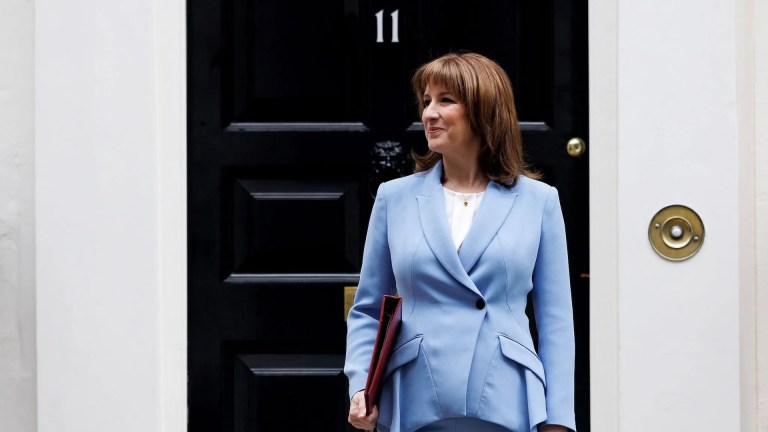The UK government has ordered an investigation into the “real concern” of dependence on prescription drugs like painkillers and antidepressants.
Public health minister Steve Brine has asked Public Health England to undertake an independent inquiry into the scale of the problem, after new NHS data suggested one in every 11 patients in England is being prescribed medication that could result in dependency.
The drugs under investigation include sedatives, painkillers and antidepressants.
Brine has said wants to avoid a situation like the one in the US, where there’s been a massive increase in dependence on opioids, with an estimated 64,000 people a year dying from drug overdoses, partly as a result of a significant upsurge in those developing a dependency on painkillers.
He said: “We know this is a huge problem in other countries like the United States – and we must absolutely make sure it doesn’t become one here.
“While we are world-leading in offering free treatment for addiction, we cannot be complacent.”





